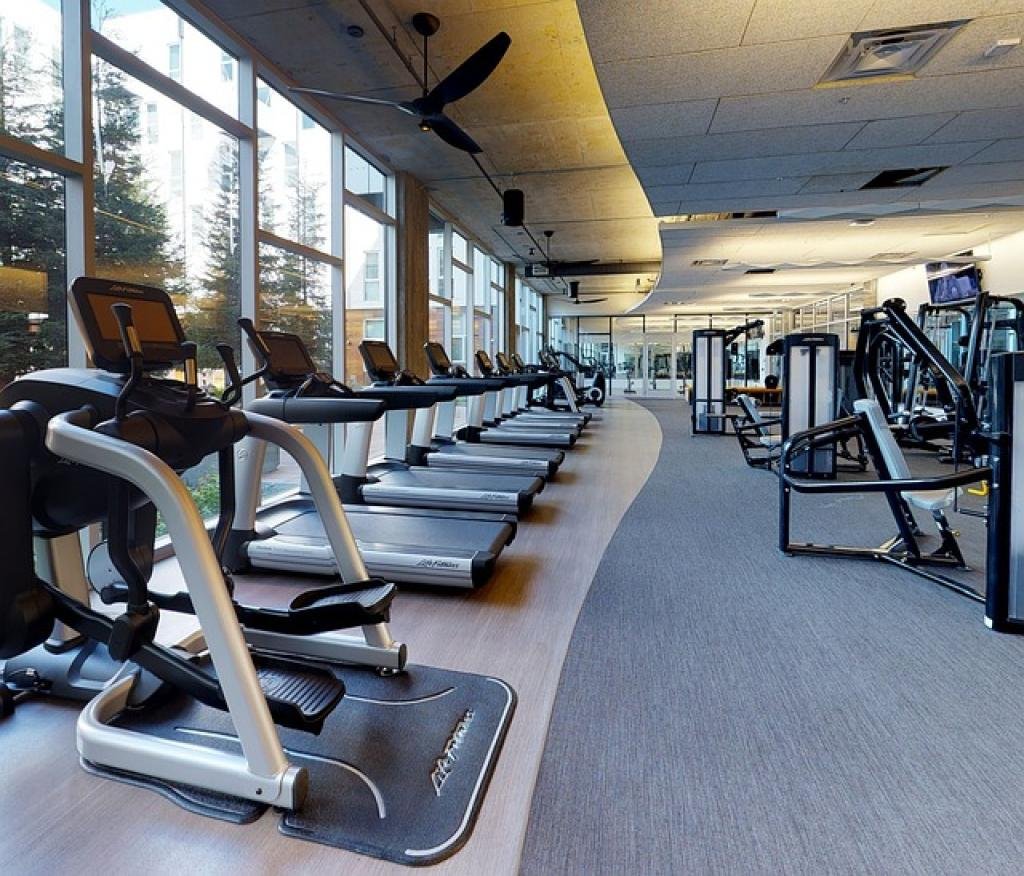We independently test and review fitness products using a research-based approach. If you buy through our links, we may earn a small commission at no extra cost to you. Read our Disclosure
In today’s fast-paced world, stress often becomes an unwelcome companion. Whether triggered by work deadlines, personal relationships, or a never-ending to-do list, stress can take a toll on both physical and mental health. Finding ways to manage and mitigate stress is crucial for maintaining overall well-being.
Effective stress management isn’t just about quick fixes; it’s about cultivating habits that promote resilience and balance. By integrating mindful practices into daily routines, it’s possible to navigate life’s challenges with more ease and less strain.
Imagine waking up refreshed, armed with techniques that channel stress into energy for growth and well-being. It’s attainable, and the journey to get there might be simpler than you think.
Understanding Stress and Its Impact on Health
Stress is a natural response to perceived threats or challenges. It triggers a cascade of hormones such as adrenaline and cortisol, preparing the body for a “fight or flight” reaction. In moderation, stress can be beneficial by improving focus and performance.
However, chronic stress is a different story. Persistent stress can lead to a myriad of health issues, including anxiety, depression, cardiovascular problems, and weakened immunity. It can disrupt sleep patterns, affect digestion, and even impair cognitive function, making simple tasks seem overwhelming. Consider reading about stretching routines for back pain relief to see how physical practices can help alleviate stress-related symptoms.
The Physical and Mental Toll
The impact of stress isn’t just limited to the mind; it leaves visible traces on the body as well. Prolonged stress can cause tension headaches, muscle pain, and fatigue. Over time, it can exacerbate conditions like hypertension and diabetes, highlighting the importance of effective stress management strategies.
Understanding the connection between stress and health empowers us to take proactive steps in managing it. By recognizing the signs early and implementing holistic approaches, we foster a healthier, more balanced life.

Incorporating Mindfulness Practices into Your Daily Routine
Mindfulness is more than just a buzzword; it’s a powerful tool for managing stress and enhancing well-being. By fostering a deeper awareness of the present moment, mindfulness exercises can help break the cycle of stress and anxiety.
Starting small is key. Begin with a few minutes each day dedicated to mindful breathing. Focus on each breath as it enters and leaves your body, anchoring your mind to the present. This practice can be easily integrated into morning routines or used as a midday reset. You might find helpful guidance through a fitness app that tracks your progress.
Simple Mindfulness Techniques
Incorporate mindfulness by engaging in everyday activities with full attention. Whether it’s savoring a meal without distractions or taking a mindful walk, these moments allow you to reconnect with your senses and reduce stress.
Guided meditations, available through apps and online resources, offer structured mindfulness practices for beginners. These sessions can fit into any schedule, making mindfulness accessible to everyone.
By weaving mindfulness into daily life, you develop a greater resilience to stress. These practices encourage a more intentional and fulfilling existence, transforming how you navigate challenges both big and small.
The Power of Exercise in Stress Management
Exercise is one of the most effective ways to combat stress. Engaging in physical activity releases endorphins—often dubbed “feel-good” hormones—that naturally elevate mood and promote relaxation. Just a brisk walk or a quick workout can make a noticeable difference in how we feel.
For those who prefer home workouts, exploring strength training routines that don’t require equipment can be a great option.
Regular exercise serves as a powerful buffer against stress. Beyond the immediate benefits, consistent physical activity enhances overall mental resilience and emotional stability. It offers a healthy outlet for frustration, helping to clear the mind and reduce anxiety.
Finding the Right Exercise Routine
The best exercise routine is one that you enjoy and can maintain. Whether it’s yoga, cycling, swimming, or dancing, incorporating activities you love ensures consistency and keeps stress at bay.
Additionally, group activities or joining a fitness community can provide social support, boosting both motivation and mood. Exercising with others fosters a sense of connection, reminding us that we aren’t navigating stress alone.
Remember, transforming exercise into a daily habit doesn’t require long hours at the gym. Short, frequent bursts of activity are equally beneficial, proving that every bit of movement counts in fostering a healthier, stress-free life.
Effective Time Management Techniques to Reduce Stress
Managing your time efficiently is a crucial step in alleviating stress. When tasks pile up, the sense of overwhelm can be paralyzing. Effective time management can bring clarity, prioritization, and peace of mind.
Start with a daily planner or digital tool to outline tasks and deadlines. Breaking larger projects into smaller, manageable tasks can make even the most daunting of responsibilities look achievable. Check out some effective strategies for scheduling to bring balance to your routine.
The Pomodoro Technique, which involves working in focused bursts with short breaks in between, can boost productivity and prevent burnout. This method keeps work periods short and refreshing, minimizing distractions and maintaining high energy levels.
Setting realistic goals and acknowledging personal limits is also vital. Learning to say no or delegate tasks is not only empowering but also preserves time and energy for what truly matters.
By implementing these techniques, you transition from reactive to proactive, creating a structured environment that supports well-being and flexibility. Time management isn’t just about being efficient; it’s about crafting a balanced life that makes room for relaxation and personal growth.
The Bottom Line: Consistent Implementation of Stress-Relief Strategies
Navigating the complexities of everyday life without stress is a challenge for most of us. Yet, with the right strategies, it’s possible to manage stress effectively and promote healthier living. The key lies in the consistent application of various stress-relief methods that align with your lifestyle and preferences.
Embracing mindfulness practices can ground us in the present, defusing stress before it spirals out of control. Regular exercise serves as both a physical and emotional release, creating a resilient mind and body. Coupled with effective time management, these strategies transform an overwhelming day into a series of achievable tasks.
While it might seem daunting at first, integrating these changes into your routine doesn’t require an overhaul of your life. Start small—perhaps with a few minutes of mindful breathing or a short walk to clear your mind. Gradually, as you notice improvements in your stress levels and overall well-being, motivation to continue will naturally grow.
Keep in mind that what works for one person may not be as effective for another. It’s important to experiment with different techniques to find what resonates best with you. Whether through solo activities like meditation or social ones like group sports, the aim is to reduce stress and enhance quality of life.
Ultimately, building a stress-resilient life is about balance and self-awareness. By regularly assessing your stress levels and responses, you become more adept at recognizing stressors and mitigating their impact.
The journey to stress relief is ongoing, but with dedication and consistency, it becomes a rewarding part of a well-rounded, healthier lifestyle.



